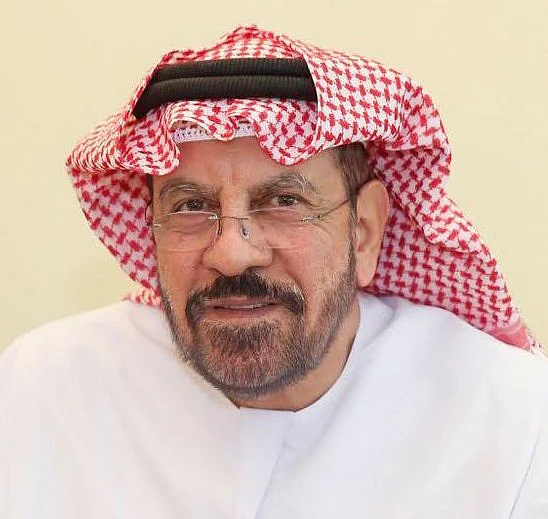New UAE foster care law allows foreign residents to sponsor children
New law allows non-Emirati couples and single women to adopt children of unknown parentage

The Government of the United Arab Emirates has recently introduced amendments to the law on the foster care and guardianship of children of unknown parentage, issued under Federal Decree-Law No. (24) of 2022 concerning the rights of children “of unknown parentage” and children “under care.” The new amendments allow non-Emirati couples and single women to adopt children of unknown parentage and children under care.
Federal Decree-Law No. 12 of 2025, published in the latest issue of the Official Gazette, amends key provisions of the 2022 law regulating the care of children of unknown parentage. The updated rules specify detailed requirements for applicants and strengthen oversight over foster care arrangements.
Under Federal Decree-Law No. 12 of 2025, certain provisions of Federal Decree-Law No. (24) of 2022 concerning children of unknown parentage have been amended. The new amendment stipulates that any married couple, each over the age of 25, may apply to foster a child, regardless of nationality or religion. Additionally, women aged 30 and above may apply to become guardians, with no upper age limit.
Previously, adoption (foster care) was restricted to married Emirati Muslim couples and Emirati Muslim women aged between 30 and 50. Unlike adoption, under the current 2022 law, the child does not acquire inheritance rights if the guardians pass away, nor can the child become part of the family lineage.
How have the foster care rules changed?
Guardians must demonstrate the financial ability to support the child and sign an agreement not to alter the child’s identity or beliefs. There is no longer an upper age limit for single women wishing to foster a child, and the opportunity is now open to women of all nationalities in the UAE aged 30 and above.
Previously, children were removed immediately if the guardians were found responsible for any issue. Now, the committee will recommend corrective measures, provided the matter is not deemed serious.
Under the amended Article 6, a foster family must meet the following criteria:
Consist of a husband and wife living together in the UAE.
Ensure both spouses are residents of the country.
Each spouse must be at least 25 years old.
Have no prior convictions related to honor or trust, even if rehabilitated.
Be free from infectious diseases or psychological disorders that may affect the child.
Demonstrate financial ability to support the child.
Comply with any additional conditions issued by the Ministry or local authority.
Eligibility for single women
A single woman may apply if she:
Resides in the UAE.
Is unmarried, divorced, or widowed.
Is at least 30 years old.
Has no convictions related to honor or trust.
Is in good health, free from infectious diseases or psychological disorders that may affect the child.
Is financially able to support the child.
Complies with any additional federal or local requirements.
Obligations and safeguards
All applicants must provide a written commitment to provide a stable home environment, and it is prohibited to influence the child’s identity or religious beliefs. Oversight committees may take any necessary measures to ensure compliance, including reviewing the child’s education and other requirements set by the relevant authorities
Sign up for the Daily Briefing
Get the latest news and updates straight to your inbox
Network Links
GN StoreDownload our app
© Al Nisr Publishing LLC 2026. All rights reserved.
